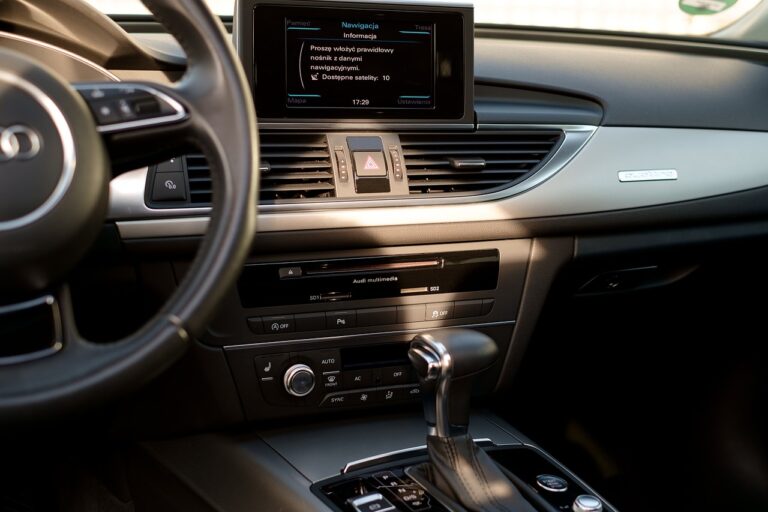The Impact of Electric Cars on the Automotive Insurance Industry
Electric cars are revolutionizing the automotive industry with their eco-friendly and sustainable features. However, when it comes to insurance rates for electric vehicles, several key factors come into play. The first factor is the cost of the electric car itself. Due to the high price tag of many electric models, insurance companies often have to adjust their rates to account for the expensive repairs and replacement costs associated with these vehicles.
In addition to the cost of the electric car, insurance companies also consider the battery technology used in the vehicle. The battery is a crucial component of an electric car, and its replacement cost can greatly impact insurance rates. Insurance providers take into account factors such as the type of battery, its lifespan, and the cost of replacing it in the event of damage or malfunction. These considerations help insurers determine the level of risk associated with insuring electric cars and adjust their rates accordingly.
Challenges Faced by Insurance Companies with Electric Vehicles
When it comes to insuring electric vehicles, insurance companies are encountering a unique set of challenges. One of the main hurdles is accurately assessing the cost of repairs for electric cars. The specialized technology and materials used in electric vehicles often result in higher repair costs compared to traditional gasoline-powered cars.
Additionally, insurance companies are grappling with the issue of limited data on the long-term reliability and safety of electric vehicles. With the relatively recent introduction of electric cars to the market, there is a lack of historical data on accident rates and repair claims for these vehicles. This makes it challenging for insurance companies to accurately predict risk and set appropriate premiums for electric car owners.
The Role of Autonomous Driving Technology in Insurance Costs
As autonomous driving technology continues to advance, its impact on insurance costs is becoming a significant topic of discussion. The implementation of self-driving features in vehicles has the potential to greatly reduce the number of accidents caused by human error. With the reduction in human-caused accidents, insurance companies may see a decrease in payouts for claims, which could result in lower insurance premiums for autonomous vehicle owners.
Furthermore, the data collected from autonomous vehicles can provide insurers with valuable information about driving habits and patterns. This data can be used to accurately assess risk levels for policyholders and tailor insurance premiums accordingly. By incorporating this wealth of data into their pricing models, insurance companies can offer more personalized and cost-effective coverage options for autonomous vehicle owners.





